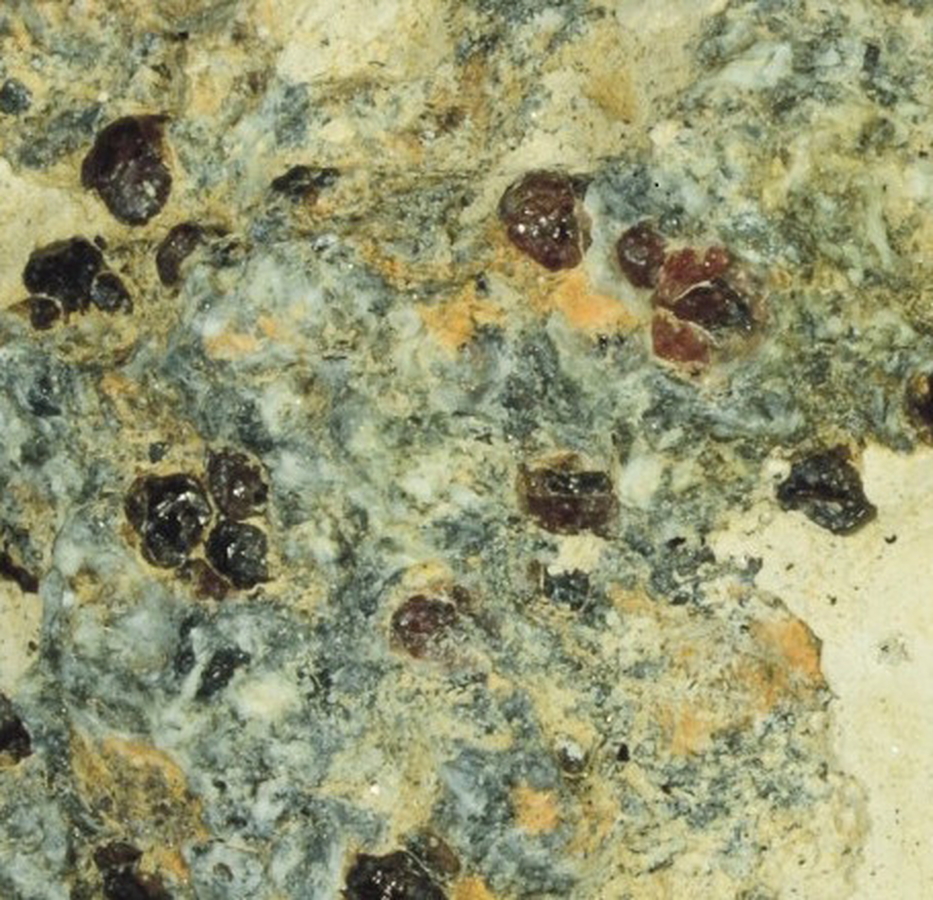Co-evolution of mineral–microbe interaction over Earth history
Mineral–microbe interactions play important roles in environmental change, biogeochemical cycling of elements and formation of ore deposits across various spatial and temporal scales over Earth history. Minerals provide both beneficial (physical and chemical protection, nutrients, and energy) and detrimental (toxic substances and oxidative pressure) effects to microbes. Microbes impact dissolution, transformation and precipitation of minerals through their activity. The co-evolution of mineral-microbe interactions propels the evolution of Earth’s geosphere and biosphere. At the Earth’s beginning, there were only a few dozen high temperature minerals (geological species). After the Great Oxidation Event (GOE), the mineral species increased to >4000. The origination of eukaryotic organisms led to the formation of some organo-minerals, with the total number of mineral species reaching a modern level of >5000. Likewise, microorganisms experienced a long evolutionary history, from obligate anaerobe on early Earth to various aerobes in modern environments. Throughout Earth history, mineral-microbe interactions have widely occurred at the microscopic scale but the effect is often seen at the global scale.
This talk will focus on the geological, climatic, environmental, and biological perspectives to examine mineral–microbe co-evolution, with the aim of improving our understanding of mechanisms and driving forces behind their contributions to the origin of life and significant geological events such as GOE and the formation of ore deposits.
5241 Broad Branch Road, NW
Greenewalt Lecture Hall
Washington, DC 20015
United States

GL_Marjorite